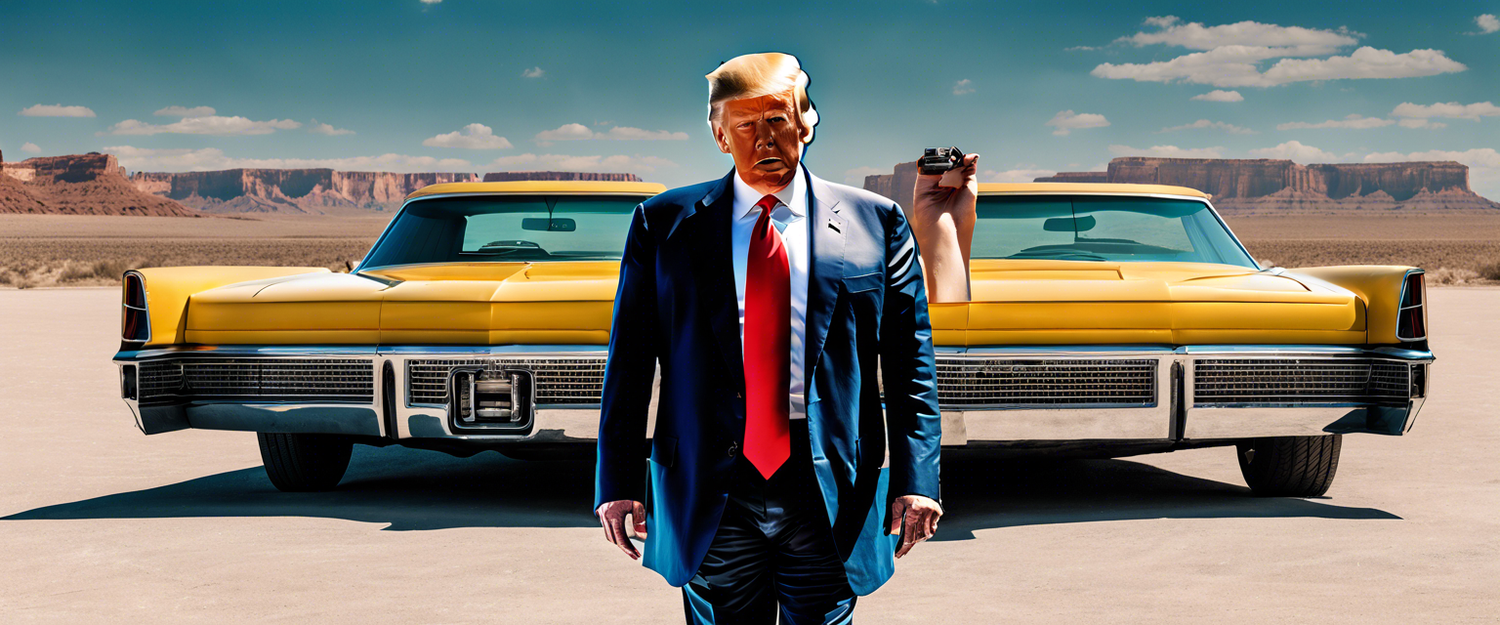Analyzing the SCOTUS Ruling on Trump's Immunity
Earlier this summer, the Supreme Court of the United States (SCOTUS) delivered a controversial ruling that has sparked much debate. They concluded that former President Donald Trump is "absolutely immune" for any official acts related to the events of January 6. This decision has far-reaching implications, especially regarding the accountability of sitting and former presidents during their tenure.
Understanding the Context of the Ruling
The backdrop of this ruling includes the ongoing investigations surrounding the January 6 Capitol riots. While the legal community is divided on the implications of this ruling, it is clear that it has brought forth the discussion around the limits of presidential immunity. Critics argue that this decision may pave the way for future misconduct without repercussions.
October Developments: Prosecutors' Arguments
In an October development that many observers deemed unsurprising, prosecutors have taken a different approach to charging Trump. They assert that the charges stem not from his official duties but from unofficial actions taken after the election.
Details of the Partly-Unsealed Brief
The partially unsealed brief reveals that Trump's conduct post-election, particularly his engagement on social media, is a focal point for the prosecution. The assertion is that much of Trump's Twitter activity during this period was carried out in a personal capacity, which complicates the narrative of his presidential immunity.
Trump's Use of Twitter
- According to the brief, Trump utilized his Twitter account to tweet and retweet various conspiracy theories regarding the 2020 election results.
- The brief outlines specific instances where Trump attacked public officials, demonstrating a direct attempt to undermine the election outcome.
- While some tweets pertained to official White House matters, a substantial portion dealt with personal interests.
Examples of Trump's Personal Tweets
Notably, Trump’s social media activity included posts that were strikingly non-official in nature. For example:
- He shared a photo of himself golfing alongside notable figures Jack Nicklaus and Tiger Woods at the Trump National Golf Club in Jupiter, Florida.
- He re-tweeted a promotional post about the Trump New York hotel being named the "#1 Best Hotel in the World!" by the Trump Organization.
The Implications of Social Media Usage
This usage of social media raises a crucial question: to what extent can a president’s online actions be classified as official or private? As the legal battles continue to unfold, this distinction may prove pivotal in determining accountability and the breadth of presidential immunity.
Looking Ahead: Potential Legal Outcomes
As this case progresses, several potential outcomes could emerge:
- If the prosecution can convincingly argue that Trump's tweets were personal and not official acts, it could potentially strip him of the immunity afforded under the SCOTUS ruling.
- Conversely, a strong defense may reinforce the idea of sweeping presidential immunity, impacting future legal cases against high-ranking officials.
The intersection of social media and presidential power is a developing area that requires close observation, especially as the landscape of accountability shifts in our digital age.



Leave a comment
All comments are moderated before being published.
Trang web này được bảo vệ bằng hCaptcha. Ngoài ra, cũng áp dụng Chính sách quyền riêng tư và Điều khoản dịch vụ của hCaptcha.